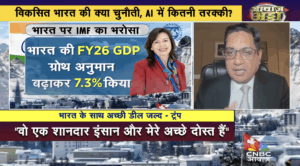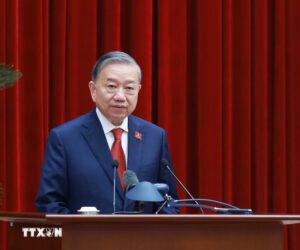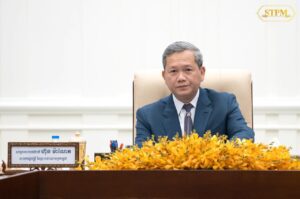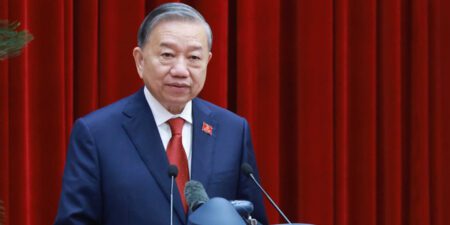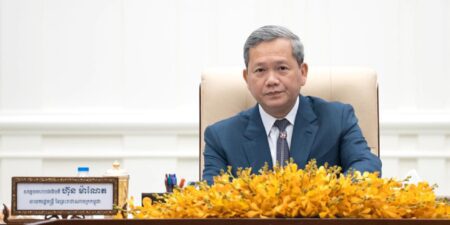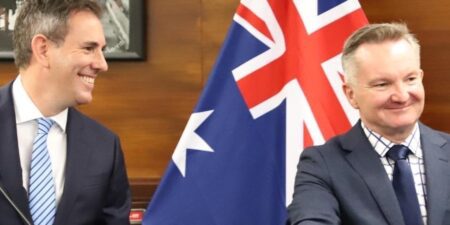
Ghana’s Peaceful Election Reinforces Political Stability, Enabling Environment for Economic Recovery Efforts
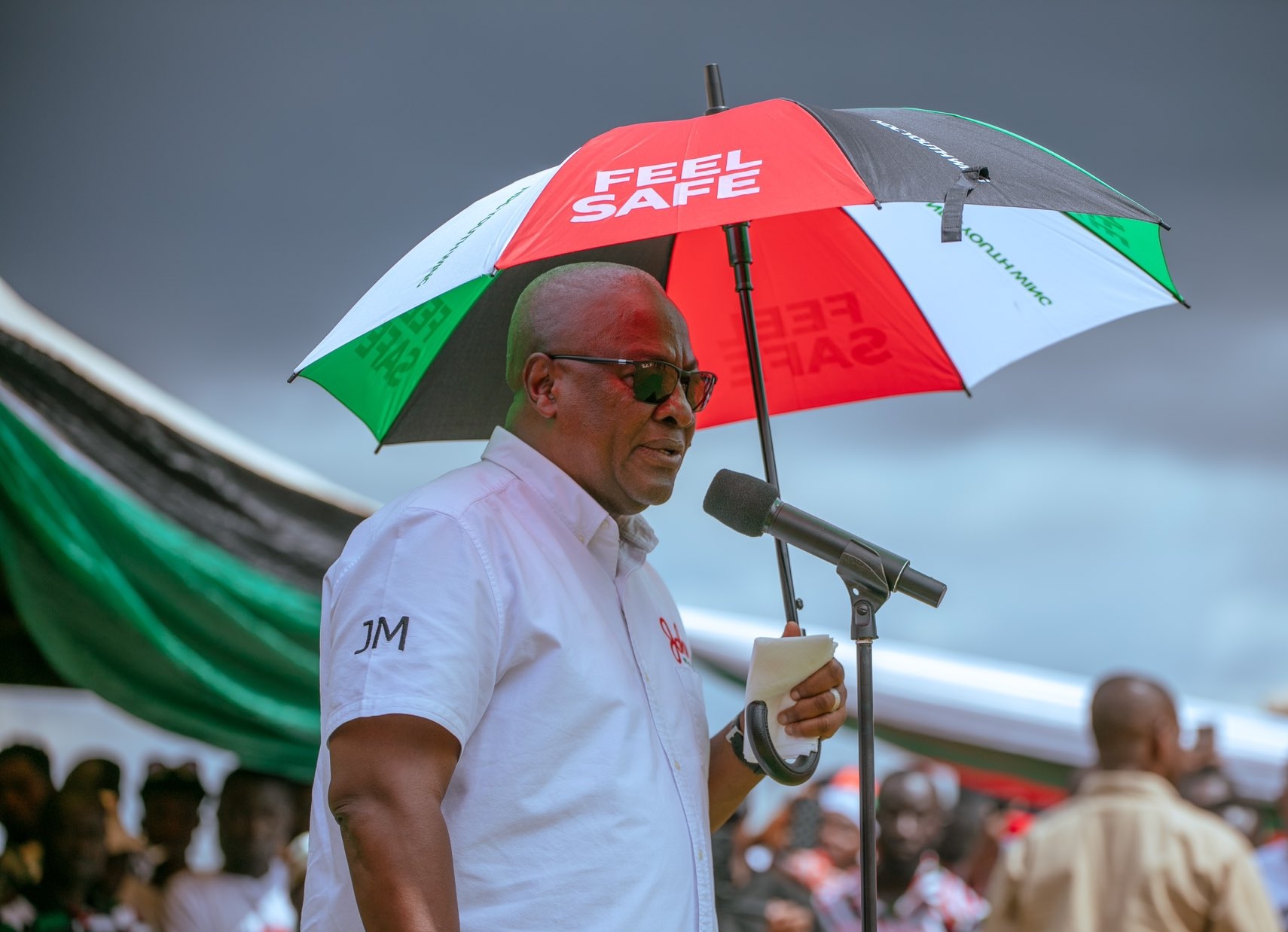
The BGA Africa Team, led by Kenya Managing Director Dickson Omondi, wrote an update to clients on Ghana’s recent election.
Context
- The successful conduct of Ghana’s presidential election December 7 and the subsequent concession by the ruling New Patriotic Party candidate, incumbent Vice President Mahamudu Bawumia, reinforces an important democratic trend of political stability and peaceful electoral change in the country. The victory and impending inauguration of the National Democratic Congress candidate, former President John Dramani Mahama, marks the fourth time since the introduction of presidential term limits in 1992 that power is alternating between the two dominant political parties.
- Mahama’s comeback — he served as president between 2012 and 2017 — highlights the harsh reality of economic downturn in a country with significant resource endowments in cocoa, gold, oil and gas. In many respects, similar economic factors that contributed to Mahama’s electoral loss in 2016 have catapulted him back to the presidency.
Significance
- Ghana’s peaceful electoral transitions are now a norm and part of a stable two-party political system. In a region fraught with democratic backsliding, Ghana stands out as a democracy model with a stable two-party system and peaceful electoral rotation.
Unlike many countries on the continent that have tottered on the brink of electoral violence, Ghana has managed to preside over these close contests in a largely peaceful manner, and the outcome in this election is no different. Civil society and independent party vote verification exercises have contributed to building electoral legitimacy and acceptance of outcomes, while the country’s independent judiciary has played an important role in mediating electoral disputes. Political stability uniquely positions Ghana as an alternative economic gateway to West Africa. - Mahama’s second term will be shaped by an urgency to resolve Ghana’s economic crisis. Mahama’s previous tenure was marked by a focus on major infrastructure projects targeting roads, schools and energy. In the end, the opposition capitalized on poor economic performance, allegations of corruption and crisis in the energy sector to unseat him. The years in between have seen a worsening of the Ghanaian economy, particularly after the COVID-19 pandemic. This culminated in an external debt default in 2022 and an economic meltdown that necessitated debt-restructuring discussions and an International Monetary Fund (IMF) bailout program. Mahama’s comeback comes at a time of serious macroeconomic challenges, a high cost of living, high inflation rates, currency instability and a huge external and domestic debt burden.
Implications
- The election outcome highlights voter disapproval with the ruling party’s handling of the economy and offers Mahama a second chance to fix it. This will require innovative approaches to rebuild the productive sectors of Ghana’s economy: agriculture, including the cocoa value chain, investments in oil and gas, the services and financial sectors and minerals. Shoring up the economy against external shocks and global price fluctuations in key export commodities and institutional efforts to address government waste and corruption will be additional factors critical for success.
- Success will depend on a commitment to implement the manifesto while balancing realities that require a more pragmatic and innovative approach to growing the economy. The political stability arising out of the peaceful transition will be a key enabler but not sufficient on its own to address investor concerns about the country’s economic growth trajectory. In the short term, completing the current IMF bailout program will be critical to address external debt vulnerabilities and achieve macroeconomic stability. Innovation and reform of the cocoa value chain and the energy sector as well as centering growth on indigenous Ghanaian enterprise will be key and should ideally be complemented by a stronger focus on private sector development and encouraging foreign direct investments. Overall, political stability works in favor of the country’s economic recovery efforts.
We will continue to keep you updated on developments in Ghana as they occur. If you have any comments or questions, please contact BGA Kenya Managing Director Dickson Omondi at domondi@bowergroupasia.com.
Best regards,
BGA Africa Team

Dickson Omondi
Managing Director, Kenya
Dickson is a leading expert on the political economy, business and regulatory affairs of countries across Africa, with more than 25 years of experience in political party development, legislative strengthening, governmental accountability, public policy and civic engagement. He is a strategic leader and a firm believer in the continent’s economic and political potential, reinforced by his experience traveling and working in more than 16 countries in sub-Saharan Africa. Dickson works alongside multinational companies, governments and civil society to find mutually beneficial solutions for all stakeholders. His team’s strategic advocacy across a broad range of sectors helps organizations overcome challenges and ... Read More
×


















